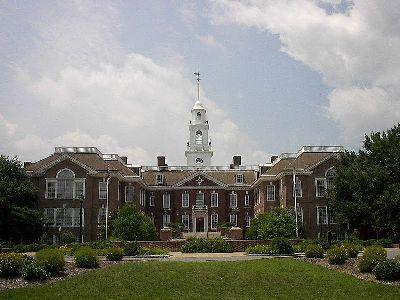
FOR IMMEDIATE RELEASE April 8, 2011
Medical Marijuana Defense Bill Passes Maryland House Judiciary Committee
Floor Vote Likely for Bill to Remove Criminal Penalties for Medical Marijuana
CONTACT: Morgan Fox, communications manager………………………….202-905-2031 or [email protected]
ANNAPOLIS – The Maryland House of Delegates Judiciary Committee approved a bill yesterday, SB 308, which would allow patients who use marijuana to treat a medical condition to use a medical necessity defense in court. The bill would also create a panel to advise the legislature on best practices for creating a medical marijuana program in 2012. The Senate passed the bill by a 41-6 vote on March 24, and will need to approve the bill again because of amendments made by the Judiciary Committee. Yesterday’s committee vote was the biggest obstacle advocates faced in their quest to remove criminal penalties from medical marijuana users.
Sponsors of the measure had originally hoped to pass comprehensive medical marijuana legislation that would have established dispensaries throughout the state and protected patients from arrest, but that plan was derailed when the Secretary of the Department of Health and Mental Hygiene voiced concerns over cost of implementation. In its current form, SB 308 allows patients with certain qualifying medical conditions to use an affirmative defense when charged with marijuana possession if they used marijuana due to a medical necessity. The defense would not apply if the person possessed more than one ounce of marijuana or used marijuana in a public place. While the compromise bill is not as robust as the original legislation, it is the first time since 2003 that a bill to add protections for medical marijuana patients will receive a floor vote in the House of Delegates.
"While we had hoped to see a full medical marijuana law on par with those in 15 other states, it’s encouraging that the legislature is moving toward the goal of protecting patients from arrest and providing legal access to doctor-recommended medicine,” said Dan Riffle, legislative analyst for the Marijuana Policy Project. “I congratulate the sponsors and committee leaders for their ability to compromise swiftly and shepherd this bill to the House floor. This vote is a major victory and paves a clear path to the Governor’s desk."
Medical marijuana is permitted in 15 states and the District of Columbia, and many more are currently considering legislation to allow its use under tightly controlled conditions, including Delaware and Connecticut. Such laws already exist in Rhode Island and New Jersey, where medical marijuana distribution centers were recently awarded licenses and should be up and running later this year.
With more than 124,000 members and supporters nationwide, the Marijuana Policy Project is the largest marijuana policy reform organization in the United States. For more information, please visit www.mpp.org.
####


![[object Object]](http://control.mpp.org/images/content/pagebuilder/11879.jpg)
